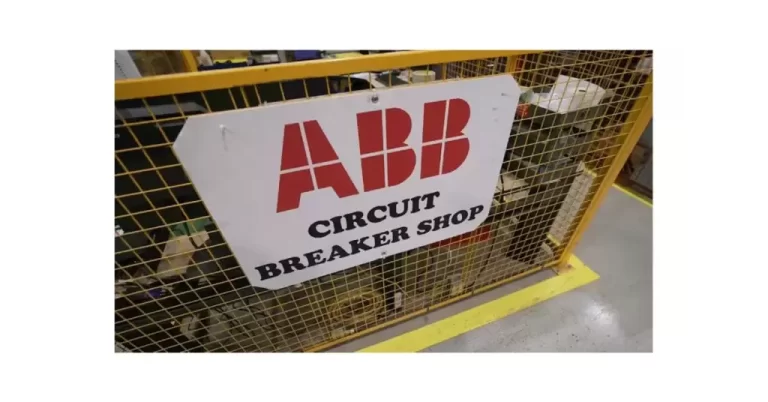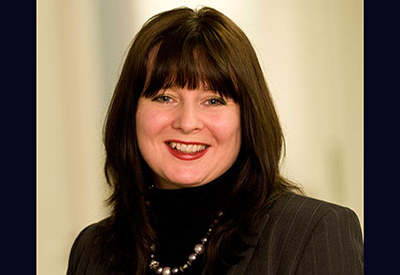Targeting Accounts — A Specialist’s Role

By Frank Hurtte
October 3, 2016
I recently attended a day-long distributor planning session, a sales meeting that ended with a “round-robin” planning session. Vendor salespeople and distributor specialists were assigned tables around the perimeter of the meeting room. Salespeople spent a few minutes at each table talking about existing opportunities and future targets. After eavesdropping, I noticed salespeople discussing accounts where they felt additional actions could push the selling process forward.
Soon after the meeting, it hit me like a ton of bricks: salespeople knew their assigned accounts but didn’t fully understand the targeting process. At the end of the day, nearly every salesperson listed the same three or four accounts as their targets – the same accounts and contacts were given for a diverse group of products and technologies. Later, I asked a couple of salespeople and their managers to define “target” – the results were interesting:
• “A target account is a new account”
• “exploratory”
• a target should be “one of my top 5 accounts”
All answers came from the same sales team, same management, attending the same meeting.
Vendor salespeople were no different. When asked for a “target” for their new product line, one district manager rattled off: forest products, mining, food processing, and automotive industry. Why was this particularly bothersome? The nearest forest and mining businesses were thousands of miles away. To a salesperson thinking about targets, this sends two messages, “My vendor doesn’t even know a target for my territory,” and “This product may not deserve my selling time.”
Proper targeting is the key to successfully launching new products. Human nature drives a desire to produce fast results. Dr. Robert Atkins, inventor of the Atkins Diet, stressed the need for an initial quick success in weight loss to drive future behaviour over a long period of time. Dr. Shinichi Suzuki discovered that children who experienced quick success in music were more likely to continue their studies, even once practice became routine.
Specialists can drive a result by “stacking the deck” for early success. This creates the initial one or two wins that build long-term success. Since you are responsible for getting the new products into your company’s sales pipeline, time invested in early thinking about targets pays important dividends.
For each new product answer the following questions:
• Which customer types would best benefit from the product? This should be answered in as specifically as possible. A bad example would be General Motors. A good answer would be the painting department of a large metal assembly company (General Motors) where explosive paint fumes create the need for tools with special arc proof coating. This opens the door to thoughts about a number of different companies where the environment is similar. Vendor partners and nationally based organizations like to use SIC codes to make these decisions. Unfortunately, the SIC registry is not an exact science. I suggest you put your personal knowledge and your team’s knowledge to work in developing a short list.
• Who at these companies is most likely to understand the impact of the benefit? Hopefully your salesperson has multiple account contacts. Careful thought should be given to selecting the right contact. If your product has a safety feature, showing it to a maintenance person may prove to be disastrous. She may judge your product based on it being difficult to use rather than the importance of added safety. This is as important as selecting the client company.
• Do you (or the vendor salespeople) know of companies experiencing success in some other part of the country/territory? What drove their success? Nothing can jump start the success of a new product like an introduction to the local plant of a company that has already experienced success. Before adding these people to your list, it is important to know a few details. What were the situations leading to the use? What went well? What was learned? How well has this been publicized within the company? Make contact with the key decision-maker at the remote location. Call for these details to make the success story more valid for local users.
Once you have this information and the opportunity presents itself, specialists can gain buy-in from the salesperson. Discuss your ideas for quick successes. Whenever possible, overlay your choices with her own top accounts. It is easier to sell more to existing accounts. When you are finished with the initial process you should have the following information:
- Target account names: no more than 6
- The right contact by name or title
- Proper collateral materials: literature, demos, samples, joint call dates
- A few specific bullet points to use in selling the product: Remember salespeople have dozens of accounts
- A mutually agreed upon time frame for initial contact
Targets need to be revisited. After the salesperson’s first customer meeting, the specialist can help fine tune the targeting process by discussing the high and low points of the call. If new collateral is needed, it can quickly be brokered to the salesperson. If the demo didn’t go smoothly, a personal tutorial will rebuild confidence and drive better demos at the next target. If this meeting produces major discoveries (e.g., the competition has the same thing at 10% lower price), adjustments can be made for the entire sales organization.
Targeting accelerates business growth, but is this worth the effort? Here is a parting thought: new research indicates that organizations who are great at targeting are 47% more effective than those with average targeting skills. Specialists are uniquely qualified to make an impact! Good luck and happy targeting.
Frank Hurtte is the Founding Partner of River Heights Consulting. The Distributor Channel is a service of River Heights Consulting. Find out more: www.RiverHeightsConsulting.com











